Description
Course Description:
This Software Engineering Certified Course is designed to provide participants with a comprehensive understanding of software development principles, methodologies, and best practices. Whether you’re an aspiring software developer, a working professional looking to upskill, or someone interested in understanding the software development lifecycle (SDLC), this course equips you with both theoretical knowledge and hands-on skills.
You will explore topics including software design, architecture, agile and DevOps practices, testing strategies, version control systems, and project management tools. The course emphasizes practical learning through real-world projects, case studies, and collaborative development environments.
Key Features of Course Divine:
- Collaboration with E‑Cell IIT Tirupati
- 1:1 Online Mentorship Platform
- Credit-Based Certification
- Live Classes Led by Industry Experts
- Live, Real-World Projects
- 100% Placement Support
- Potential Interview Training
- Resume-Building Activities
Career Opportunities After Software Engineering:
- Software Developer
- Web Developer
- Mobile App Developer
- DevOps Engineer
- Quality Assurance
- UI/UX Designer
- Data Scientist / Data Analyst
- Machine Learning Engineer
Essential skills you will Develop Software Engineering:
- Strong Fundamentals
- Cloud‑Native Architecture
- Machine Learning Integration
- Cybersecurity & Secure Coding
- System Design
Tools Covered:
-
Version Control Systems
Git, GitHub, GitLab, Bitbucket
-
IDEs and Code Editors
Visual Studio Code, IntelliJ IDEA, Eclipse, PyCharm
-
Project Management & Collaboration
Jira, Trello, Asana, Slack, Confluence
Syllabus:
Module 1: Introduction to Software Engineering Definition and Importance of Software Engineering Software Development Life Cycle (SDLC) Models Agile, Waterfall, Spiral, V-Model Software Process vs Software Product Role of a Software Engineer.
Module 2: Software Requirements Engineering Requirements Elicitation Techniques
Functional vs Non-functional Requirements Use Case Diagrams and User Stories
Requirements Specification Document (SRS) Validation and Verification of Requirements.
Module 3: Software Design and Architecture Principles of Software Design (Modularity, Abstraction) Design Patterns and Best Practices UML Diagrams: Class, Sequence, Activity, etc. Architectural Styles (MVC, Layered, Microservices) Low-level and High-level Design.
Module 4: Programming Fundamentals Programming Languages Overview (Java, Python, C#) Object-Oriented Programming (OOP) Concepts Code Reusability and Refactoring Version Control Systems (Git, GitHub) Coding Standards and Best Practices.
Module 5: Software Development Methodologies Agile Methodology & Scrum Framework Kanban, Lean, DevOps Integration Sprint Planning, Review & Retrospective Continuous Integration/Continuous Deployment (CI/CD) Role of Product Owner, Scrum Master, and Team.
Module 6: Software Testing and Quality Assurance Types of Testing: Unit, Integration, System, Acceptance Manual vs Automated Testing Test Case Design and Execution Tools: Selenium, JUnit, Postman Bug Tracking and Test Reports.
Module 7: Software Project Management Project Planning and Scheduling Risk Management in Software Projects Resource Allocation and Estimation Techniques
Project Monitoring and Control Tools: JIRA, Trello, MS Project.
Module 8: Software Maintenance and Configuration Management Types of Maintenance: Corrective, Adaptive, Perfective Change Management Process
Software Versioning and Configuration Tools (SVN, Git) Impact Analysis and Maintenance Metrics Legacy Systems.
Module 9: Software Metrics and Quality Standards Product and Process Metrics
Software Quality Assurance (SQA) ISO 9126 / ISO 25010 Software Quality Models
CMMI and Six Sigma in Software Code Reviews and Audits.
Module 10: Emerging Trends and Case Studies Cloud Computing & SaaS Models AI & ML in Software Engineering Secure Software Development (OWASP Basics)
Case Studies from Real-World Projects Career Pathways & Certification Preparation.
Industry Projects:
- E-commerce Platform Developmen
- Bug Tracking System
- Chat Application
- Online Examination System
- Hotel Booking Management System
Who is this program for?
- Aspiring Software Developers
- Engineering Students & Graduates
- Working Professionals
How To Apply:
Mobile: 9100348679
Email: coursedivine@gmail.com


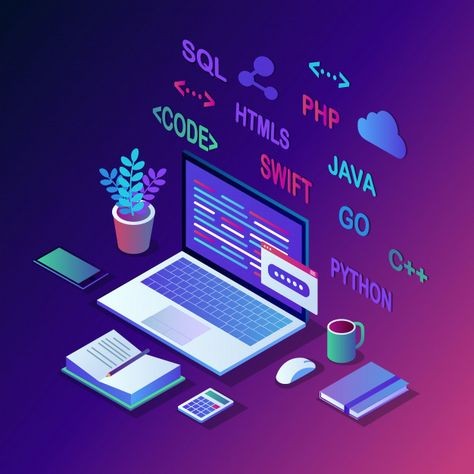
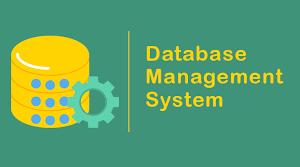
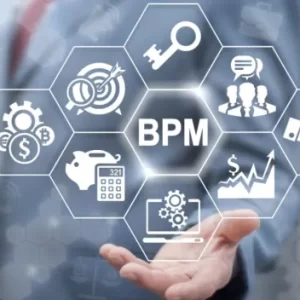
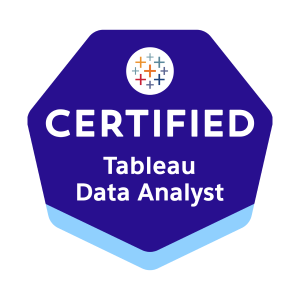
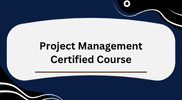
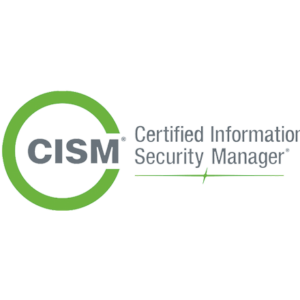

Reviews
There are no reviews yet.